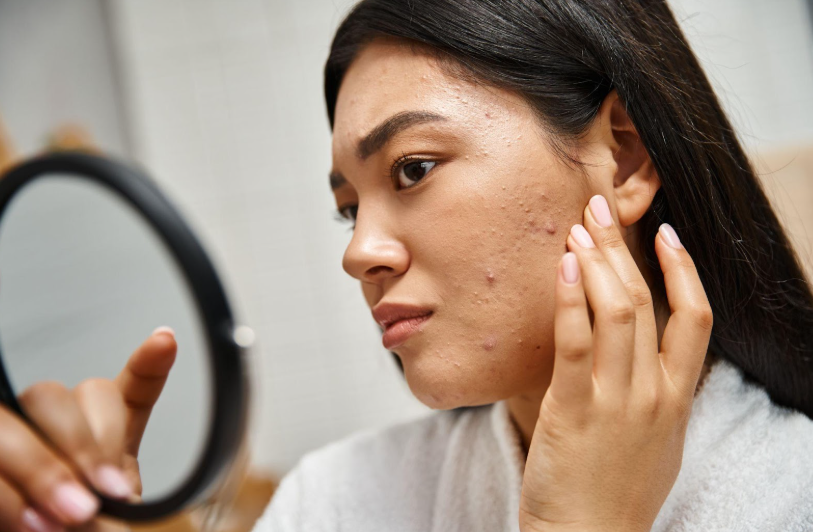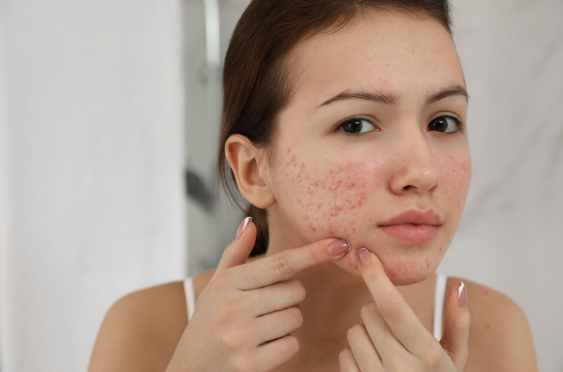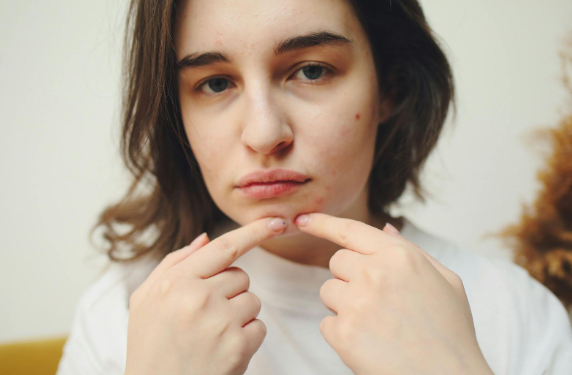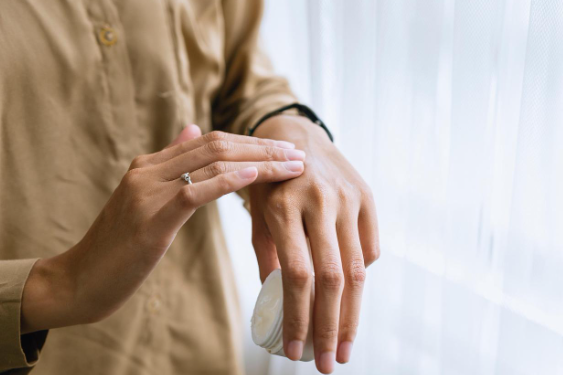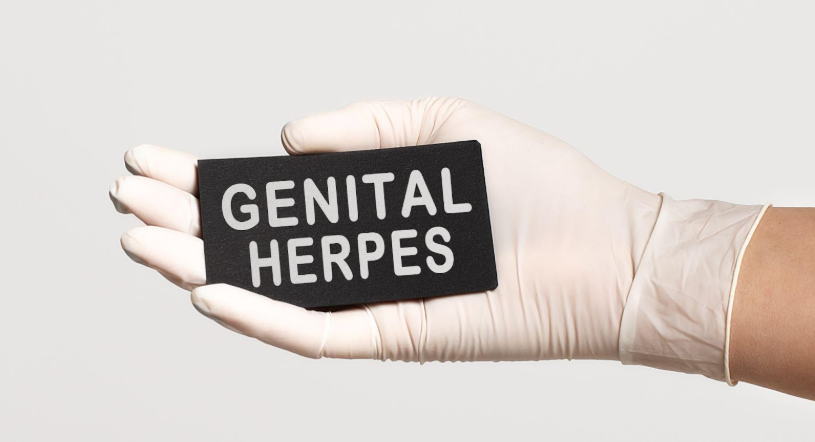Hair Loss: Possible Types and Causes
Hair Loss: Possible Types and Causes

Hair loss is one of the major health concerns for many individuals worldwide. While it can be a reason for frustration and stress, it's essential to know that effective treatments are available to restore your hair and regain your confidence. The proper remedy for hair loss starts with finding the exact cause.
Read on to learn more about the types of hair loss, their causes, and the treatment options available to help you take control of your hair loss.
Statistical Analyses of Hair Loss
According to the American Academy of Dermatology Association, eighty million Americans experience hereditary hair loss. Additionally, around 50 million men and 30 million women experience some degree of androgenetic alopecia, the most common type of hair loss.
Hair loss is also not just a problem for men. An estimated 40% of women experience visible hair loss by the time they reach age 40. Women are more likely to experience hair loss due to hormonal changes, such as pregnancy and menopause.
About 66% of men experience visible hair loss by age 35, and by age 50, around 85% of men have significant hair loss. Male pattern baldness is the most common type of hair loss in men.
Top Causes and Types of Hair Loss
It is normal to lose 100-150 strands of hair every day, but excessive hair loss can lead to hair thinning, baldness, and loss of confidence. The variety of factors that cause hair loss include genetics, hormonal changes, stress, poor nutrition, and certain medications. Understanding the underlying causes of hair loss and taking proper steps to address these factors promote healthy hair growth.
Genetics
One of the most significant causes of hair loss is genetics. If you have a family history of hair loss, you may be more likely to experience hair loss as you age. This type of hair loss, known as androgenetic alopecia, can affect both men and women and typically begins with a receding hairline or thinning at the crown of the head.
Hormonal Changes
Hormonal changes can also contribute to hair loss. For example, women may experience hair loss during pregnancy or after giving birth due to hormonal fluctuations. Similarly, hormonal imbalances from menopause, thyroid disorders, or polycystic ovary syndrome (PCOS) can cause hair loss.
Stress
When we experience stress, our body produces the hormone cortisol, which can affect the health of our hair follicles. Prolonged or chronic stress can lead to inflammation and damage to the hair follicles, resulting in hair loss. If your clinical test values are within the normal range and you are still experiencing hair loss, stress might be the cause.
Nutritional Deficiencies
Nutritional deficiencies can also lead to hair loss. For example, lacking protein, iron, or vitamin D can lead to weak or brittle hair that is more prone to falling out. Also, a diet high in processed foods and low in fruits and vegetables can contribute to hair loss.
Medical Conditions
Certain medical conditions and medications can also contribute to hair loss. For example, autoimmune diseases like alopecia areata and skin conditions like psoriasis, seborrheic dermatitis, and ringworm can lead to hair loss.
Age
Age is another crucial factor that can lead to hair loss. Our hair naturally becomes thinner and more fragile as we age, and our hair follicles may not function as well as they once did. Men are especially at risk of hair loss and thinning hair due to this condition.
Types of Hair Loss
Androgenetic Alopecia
Androgenetic alopecia is a type of hair loss caused by genetics and hormonal changes. It is the most common cause of hair loss in both men and women and typically results in thinning hair and a receding hairline in men or diffuse thinning in women. This type of hair loss is often gradual and can begin as early as the teenage years. A well-defined pattern of hair loss starts above both temples in Androgenic alopecia. Over time, the hairline shows a characteristic “M” shape.
Telogen Effluvium
Telogen effluvium is a type of hair loss caused by stress, hormonal changes, or nutritional deficiencies. It occurs when many hair follicles enter the resting phase of the hair growth cycle, resulting in hair loss. Telogen effluvium can cause diffuse hair loss all over the scalp. As long as the underlying cause is addressed, it will resolve.
Alopecia Areata
Alopecia areata is an autoimmune disorder that causes hair to fall out in patches. It occurs when the immune system attacks the hair follicles, causing them to shrink and produce weaker hair or no hair at all. Alopecia areata can affect men and women and typically begins in childhood or young adulthood.
Traction Alopecia
Traction alopecia is a type of hair loss caused by hairstyles that tense the hair follicles. It is most common in women who wear tight hairstyles like braids, ponytails, and cornrows. Traction alopecia can cause hair loss in specific areas of the scalp, particularly around the hairline and temples.
Anagen Effluvium
Anagen effluvium is a type of hair loss caused by chemotherapy or radiation therapy. It occurs when the hair follicles enter the shedding phase of the hair growth cycle prematurely, resulting in hair loss. Anagen effluvium can cause sudden and rapid hair loss all over the scalp.
How to Hair Loss Is Diagnosed
Diagnosing the cause of hair loss is the first step in finding an appropriate treatment plan. A dermatologist can physically examine the scalp, hair, and nails and ask about the medical history and lifestyle to help determine the cause of hair loss. The doctor may also recommend blood tests for deficiencies, hormonal imbalances, or other underlying medical conditions that could lead to hair loss. Sometimes, the specialist recommends a scalp biopsy to examine the hair follicles under a microscope and determine the cause of hair loss.
One diagnostic tool commonly used in diagnosing hair loss is the
pull test. During a pull test, the doctor gently pulls on a small section of hair to see how many strands come out. If more than six hairs come out, it may indicate a problem with the hair growth cycle or a scalp disorder.
Treatment Methods for Hair Loss
Medications
One of the most common treatments for hair loss is medication. Two medications that are FDA-approved for hair loss treatment are finasteride and minoxidil. Finasteride is a prescription medication that works by blocking the hormone that causes hair loss. Minoxidil is a topical medication that is applied directly to the scalp to stimulate hair growth. Be sure not to use medicines without a doctor’s prescription.
Platelet-Rich Plasma (PRP) Therapy
PRP therapy is a non-invasive treatment that involves injecting platelet-rich plasma into the scalp. Platelet-rich plasma is derived from the patient's blood and contains growth factors that stimulate hair growth. The treatment is relatively painless and has few side effects.
Hair Transplant Surgery
Hair transplant surgery involves removing hair follicles from a donor area and transplanting them to the balding area. The procedure is typically performed under local anesthesia and can take several hours. Various hair transplant treatments are available, and speaking to a healthcare professional can help you choose the right one for you.
Laser Therapy
Low-level laser therapy is a non-invasive treatment that involves exposing the scalp to low-level lasers to stimulate hair growth. The painless treatment can be performed in a doctor's office or even at home using a handheld laser device.
Nutritional Supplements
Specific vitamins and minerals promote hair growth and reduce hair loss. Biotin, vitamin D, iron, and zinc are among the most commonly recommended supplements for hair loss.
Hairpieces and Wigs
For those who prefer a non-invasive treatment option, hairpieces and wigs can provide a natural-looking solution for hair loss. Hairpieces and wigs come in various styles and colors and can be custom-made to fit perfectly to your head.
Why Is It Important to Seek Professional Help?
An accurate diagnosis will help save you time and money when it comes to dealing with hair loss. Healthcare professionals can prescribe the proper medications that will help your unique condition and can advise you of the other treatments available so that you can pick the one that best suits you and your lifestyle.
Advanced hair restoration treatments, such as hair transplant surgery, platelet-rich plasma therapy, and laser therapy, are only advisable under the guidance of an expert. These treatments are typically available only at a healthcare specialist's office and can provide significant results for individuals with severe hair loss.
Seeking the help of a
dermatologist for hair loss can provide emotional support and guidance as well. Hair loss can significantly impact self-esteem and mental health, and professionals can offer resources and counseling to help individuals cope with the emotional toll of hair loss.
The experts at
Pine Belt Dermatology are here to guide you in finding the root cause of your hair loss to help you receive the proper hair loss treatment. We offer a range of treatments for your hair and skin and can help you explore your options and make an informed decision.
Contact us today!
